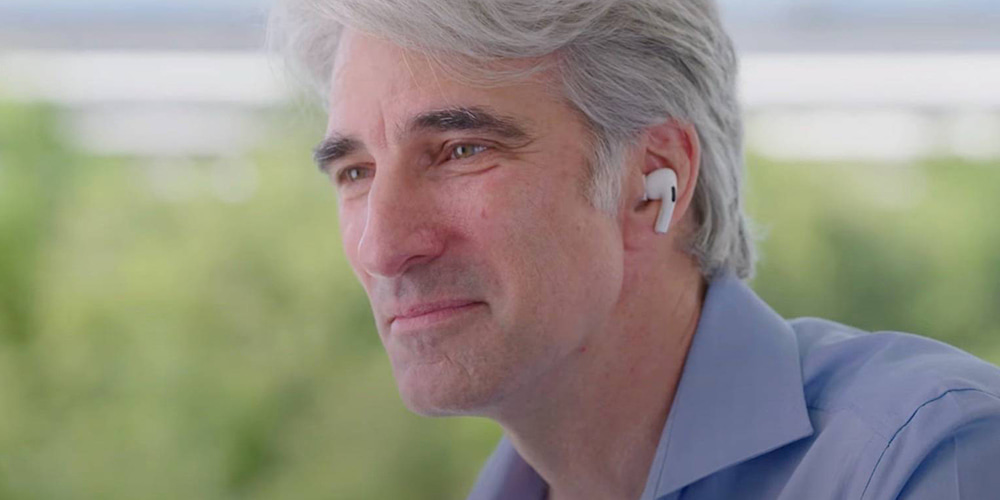When Apple was founded, the company was never so much into privacy before introducing the iPhone era.
Back in those years, young Steve Jobs and Steve Wozniak were into desktop computers, and tried to appeal the market through user interface.
But gone are those days.
Apple has become a 2 trillion company, with most of its money coming from selling hardware. This is why it's certain, and also confident, that it can thrive without having to profile or gather sensitive user data.
And this is why Apple introduced iOS 14, which gave developers the headaches. And with the following smaller updates to bolster privacy, they all come down to one final move: the iOS 14.5.
In the version, Apple introduced App Tracking Transparency, a simple move that has thrown the online advertising industry into upheaval.

According to Craig Federighi, Apple's Senior Vice President of Software Engineering, to The Wall Street Journal, the goal of this is to "give users a choice."
With iOS 14.6's App Tracking Transparency, Apple starts requiring app developers to request permission before they're able to track users across the internet.
In terms of privacy, this single update alone is probably the biggest Apple has ever introduced in years. And here, Apple positions itself as the savior and the protector of users' data.
One that was angered by this move, was Facebook.
The social titan has mounted court press in an attempt to sway public opinion about the change. Facebook has even accused Apple of harming small businesses, and also said that it is threatening the open internet.
At one point, CEO Mark Zuckerberg's criticism got to the point that he wanted to "inflict pain" to Apple, and other statements that even his employees thought were too far.
Facebook is the largest social media network around, and the biggest the internet has ever seen. It thrives mostly because of its ability in showing highly-personalized and carefully-targeted ads to its billions of users.
A change in Apple's approach means that it can no longer show those ads to Apple users.
But this time, Facebook finally realized that it will have a hard time living if it doesn't comply with Apple.
Despite having more users than almost everything the web has ever seen, as well as operating a wide array of other products and services, Facebook still relies on Google and Apple in order to reach its audience. If it ever got kicked from Apple's App Store, Facebook would definitely have a very hard time surviving.
Zuckerberg only learned about this a while later.
Advertisements. Many people dislike them. But no matter how many people detest them, they are here to stay. They won't be going anywhere soon.
The reason is because tech companies can put ads in the most convenient places, where they can attract the most eyeballs and engagements. But what makes things scary is not where the ads are placed, but how the ads are delivered.
Tech companies have many things at their disposals that can make their ads much more powerful than conventional ads. One of which, is using trackers to understand people, and know their interest, and follow them around wherever they go on the web and beyond.
This way, tech companies can create targeted ads that shown specifically to the viewers' interest. Ads that are delivered through this method, can be much more convincing to be engaged with.
With iOS 14.5, users have the option to say "no" to those trackers.
Federighi's comments came following news about the tainted relationship between Apple's CEO Tim Cook and Zuckerberg.
Cook said that technology "does not need vast troves of personal data" to succeed, or something that Facebook cannot really do.
Facebook argues that personalized ads are better for advertisers and users. In marketing perspective, Facebook has got a point. But from a privacy perspective, Facebook's personalized and targeted ads are creepy.
What's more, Facebook isn't known to be good in protecting users' privacy.
The controversial Cambridge Analytica scandal is one good example.